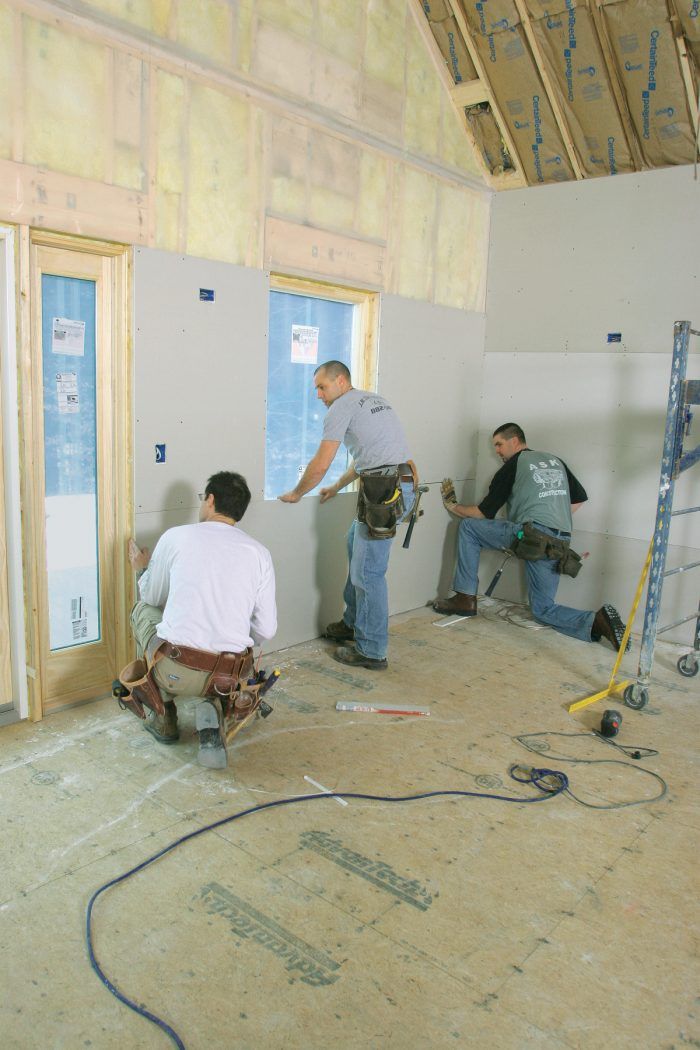
Prior to priming, my husband wiped our newly taped drywall with a damp rag to remove the sanding dust. This messed up a near-perfect finish by making the joint compound somewhat wavy. What is the proper way to prep the wall for priming? Should we just dust it with a dry cloth?
—Carol Harland, via email
Myron R. Ferguson: I have been in the drywall business for over 30 years and I have never cleaned dust off drywall before priming. There is no need, and, as you discovered, dusting can damage the finish. I vacuum dust out of electrical boxes, around rough openings, and along the floor, but the best option for dealing with small specks of dust or whatever is creating a slightly rough surface is to prime first, and then lightly sand the wall with a pole sander (with 220 or finer grit paper attached). The primer protects the wall from over-sanding, and you create a smooth surface ready for the top coats of paint.



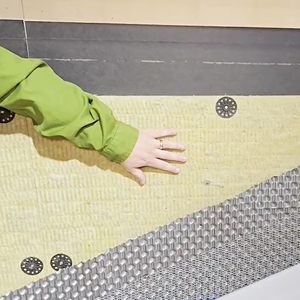
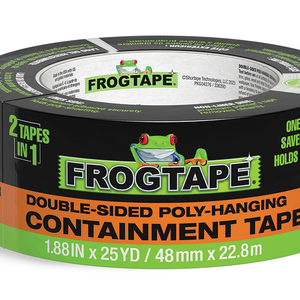




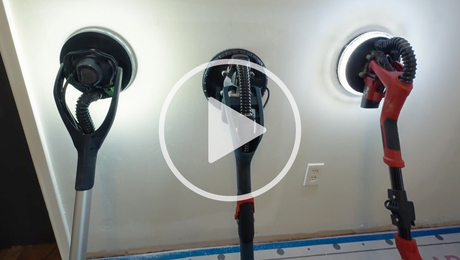
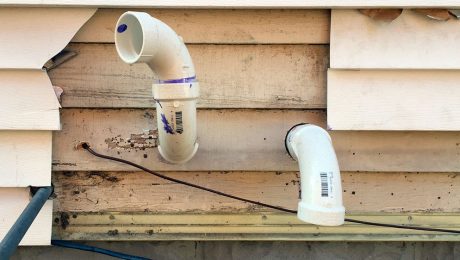
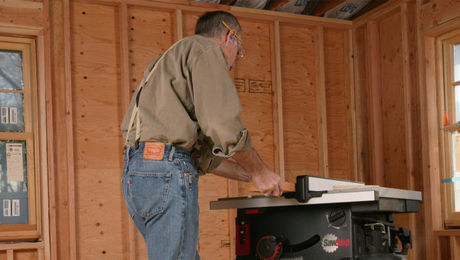
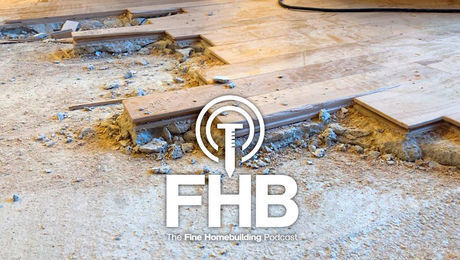













View Comments
Carol, if you see your contractor with a pole sander, fire them immediately. Real drywall sanding is done with a vacuum connected orbital electric drywall sander. What can be wet sanded will only make the finish better and help smooth out sanding scratches and wavy compound. The entire surface should be vacuumed prior to priming. Priming is an absolute. The primer to use is called PVA. Most CONtractors don't use it because they are lazy and stupid. I prefer two coats of primer with at least a 1/2 nap roller. Even cheap paint will look good on a properly prepared wall.
Mudjunky1 - really? Fire them?
The first question is what was in the scope of work under prep? Your comments about prep are good ones to incorporate in the drywall prep scope. If the drywall contractor or finisher bid a level three finish and one coat of primer what is the issue.
Part of this goes back to having a written scope of work for the work to be performed. If the customer does not want to pay you for the extra steps "Are you (Mudjunky1) going to provide the extra labor and materials for free?
The point - good scopes of work, knowing the right way to perform work (which means sharing best practices) and finding contractors willing to provide quality work for reasonable price.
Yes the above cost a little more.
One question Mudjunky1 - if the wall has a knock down finish or orange peel finish - then what?
Yeah right, Jeff? I want to hear that conversation where you tell the customer , "I can do a finish where you see every joint and every spot of compound for x amount and for another thou you won't see any?" Customers don't know a level finish from anything. They expect what they see on tv and what they see in their minds eye. Yeah, i am sure your "painter" uses a 3/8 nap and one coat of primer and calls it a day? That's what a hack does. Charge accordingly and do the work.